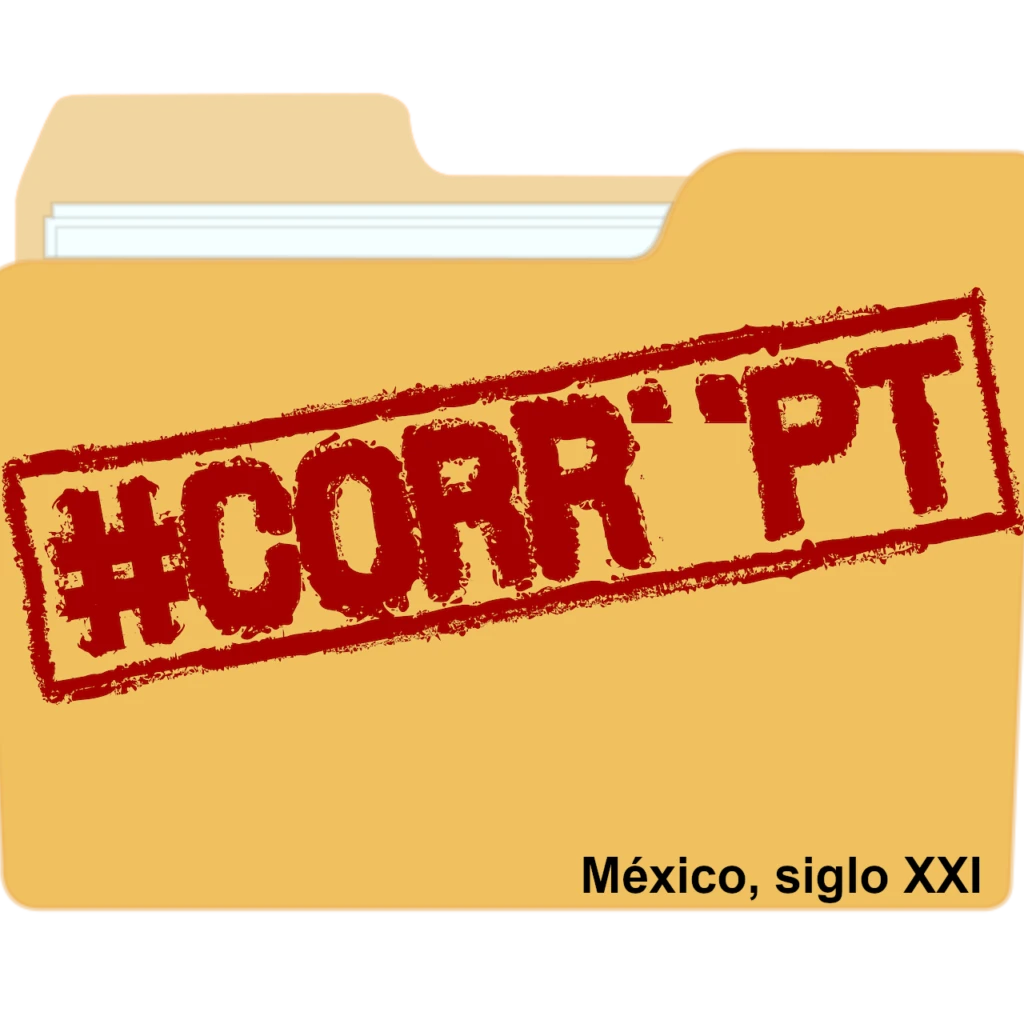Cinco momentos de la corrupción en México. Breves apuntes históricos a partir de la época colonial
(pp. 20-32; DOI: 10.23692/iMex.20.2)
 Loading...
Loading...Prof. Dr. Christoph Rosenmüller

Christoph Rosenmüller is a professor at Middle Tennessee State University. His recent publications include the book Corruption and Justice in Colonial Mexico (Cambridge University Press) and the edited volumes Corruption in the Iberian Empires. Greed, Custom, and Colonial Networks (2017) and “Dávidas, Dones, Dinero:” Aportes a la nueva historia de la corrupción en América Latina (2016, with Stefan Ruderer) as well as articles in the Hispanic American Historical Review, the Latin American Research Review, and other journals and edited books. He received four Fulbright grants and has been a research fellow of the Gerda Henkel Foundation (2017–2018), the Max Planck Institute for Legal History (2016–2017), and the German Academic Exchange Service (fall 2015).
This article throws light on various shifts in the meaning of corruption. I argue that colonial Mexicans originally understood corruption by and large as an obstacle to finding justice. During the middle of the eighteenth century, however, the idea of corruption began to expand beyond the judiciary and included breaches in the administration for self-benefit. After independence, a third concept emerged, as the idea began including manipulations of the electoral process. In addition, a century later, politicians argued that corruption had become so widespread in Mexican life, that it approached a cultural phenomenon. In part this was owed to plentiful drug money that had greased the wheels of the public bureaucracy and society as a whole for decades. Finally, since the beginning of the twenty-first century, we can observe another change. The idea of corruption began including fraud among banks and other businesses that illicitly enriched themselves. The concept of corruption has changed and expanded over time, and for this reason there are also more offenses today than in the past. We should consider these historical transformations when we judge the situation today. Moreover, there are indications, although admittedly somewhat hypothetical, that the concept of corruption connoted the violation of the foundational values of a society. Corruption clashed with colonial justice, the democratic underpinnings of the independent nation, and the promise of a more equal society in today’s Mexico.
En este artículo analizo cinco cambios en el significado de la corrupción a través del tiempo. Argumento que, durante la época colonial, se calificó la corrupción como un obstáculo en la búsqueda de la justicia. Sin embargo, a partir de la mitad del siglo XVIII, la idea sobre la corrupción cambió e incluyó las violaciones cometidas por los oficiales de la administración en beneficio propio. Después de la Independencia, la idea de la corrupción se amplió una vez más y se consideraron las manipulaciones de los procesos electorales. Transcurrió más o menos un siglo para que se evidenciara el crecimiento de la corrupción como un fenómeno cultural que abarca a todos los aspectos de la vida. Los enormes flujos de dinero provenientes del narcotráfico contribuyeron a expandir el carácter de la práctica. Finalmente, desde principios del siglo XXI, se modificaron los límites de la idea de corrupción otra vez, alcanzando a directivos de la iniciativa privada que se enriquecieron ilícitamente. Hay que tomar en cuenta esas transformaciones históricas del concepto si evaluamos el estado de la corrupción hoy en día. Como el concepto de corrupción se amplía, también existe una mayor gama de delitos. Además, sostengo, aunque hipotéticamente, que el concepto de la corrupción ha tenido en varias instancias la connotación de romper el fundamento de una sociedad, ya que chocó con la justicia colonial, la democracia de la nación independiente y la promesa de la igualdad ante la ley y un estado social en el México actual.
<span style=”color: #b0b0b0;”><strong>Articles</strong></span>
XX. Christoph Rosenmüller – Cinco momentos de corrupción
XX. Philippe Dautrey – Corrupción en México ¿Una maldición eterna?
XX. Nubia Nieto – Corruption and Inequality
XX. D. Arellano-Gault / L. J. Trejo Alonso – Corrupción y confianza: las palancas
XX. Esteban Freidin – Experimentos económicos de laboratorio
XX. Eva Salgado Andrade – La Casa Blanca en Twitter
XX. Jorge Volpi – Entrevista


